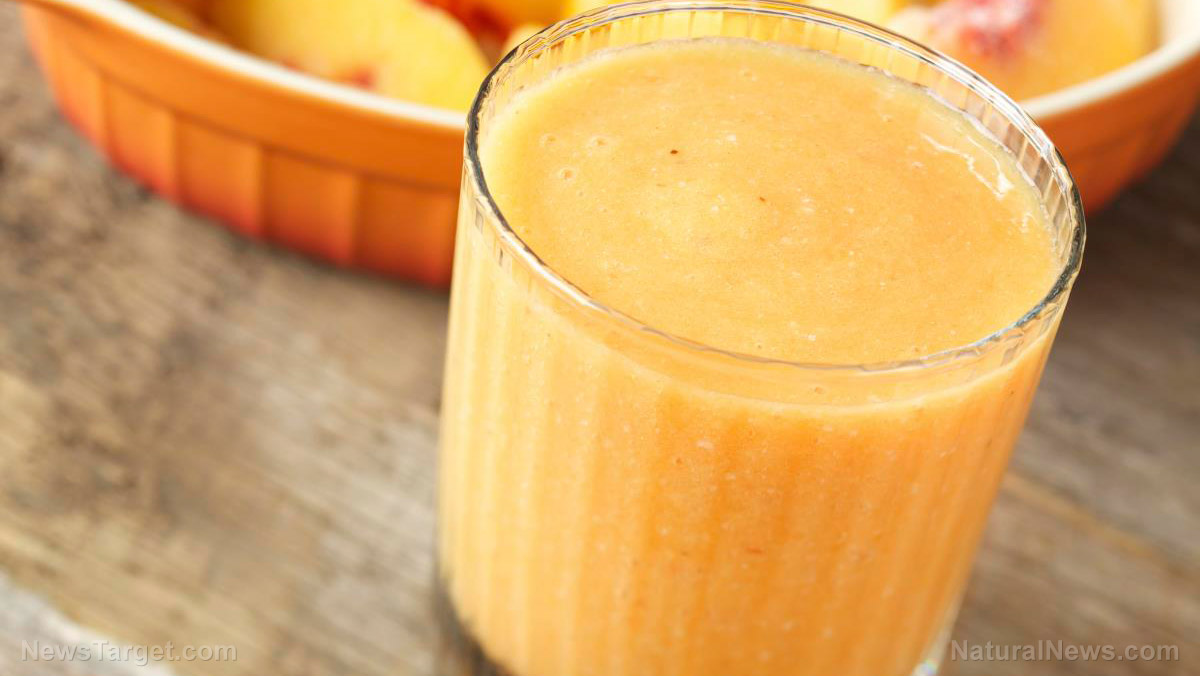Friday, April 12, 2019 by: Isabelle Z.
 (Natural News) If the high sugar content isn’t enough to deter you from drinking juice – or giving it your children – you need to know that you could also be drinking something far worse: heavy metals. This is according to tests that were carried out by Consumer Reports.
(Natural News) If the high sugar content isn’t enough to deter you from drinking juice – or giving it your children – you need to know that you could also be drinking something far worse: heavy metals. This is according to tests that were carried out by Consumer Reports.
The publication recently tested 45 different popular fruit juices that were sold across the nation. They looked at various national, private-label and store brands, including Capri Sun, Great Value, Minute Maid, Ocean Spray, Trader Joe’s, Welch’s, and Gerber, purchasing three samples of each product at retailers throughout the nation. They studied a range of flavors, from individual fruit juices like grape and apple to fruit blends, and they found that nearly half of them contained heavy metals like lead, arsenic and cadmium.
Perhaps even more disconcertingly, many of these juices were marketed toward children. According a Consumer Reports survey of 3,002 parents, more than four fifths of parents say they let their children drink fruit juice at least sometimes; in 74 percent of these cases, they’re drinking it once a day or more.
Unfortunately, children are especially susceptible to the dangerous effects that these substances can cause. In fact, Dr. Jennifer Lowry of the American Academy of Pediatrics’ Council on Environmental Health said: “Exposure to these metals early on can affect their whole life trajectory.”
Adults who drink these chemicals may not fare much better, however. Consumer Reports said that five of the juices they tested pose a risk to adults at amounts of just 4 ounces per day, which is half a cup, and a further five present a risk at 8 ounces per day, or one cup.
Mother Nature’s micronutrient secret: Organic Broccoli Sprout Capsules now available, delivering 280mg of high-density nutrition, including the extraordinary “sulforaphane” and “glucosinolate” nutrients found only in cruciferous healing foods. Every lot laboratory tested. See availability here.
Making matters even worse is the fact that children and adults aren’t just being exposed to heavy metals in their juices; elevated levels of heavy metals have also been found in products like rice, protein powder, sweet potatoes, baby and toddler food, and even some kinds of fish. Because we will be exposed so many times throughout our lifetimes to these heavy metals, limiting early exposure is crucial.
What health problems can exposure to these heavy metals cause?
Exposure to these toxins can cause a slew of health problems in children including lower IQ, type 2 diabetes, behavioral issues like attention deficit hyperactivity disorder, and even cancer. In adults, even small amounts could lead to reproductive and cognitive problems as well as a higher risk of type 2 diabetes and lung, skin and bladder cancers.
There are also the health risks posed by the metals individually. For example, exposure to cadmium has been linked to kidney disease and bone cancer; arsenic has been linked to cardiovascular disease; and lead is associated with fertility issues, high blood pressure and heart disease.
According to Consumer Reports, it was the combination of heavy metals that was more concerning than the levels of one specific metal, with additive and cumulative effects making it especially dangerous.
Should you stop drinking juice altogether?
After hearing this news, you might be wondering if it’s time to ban juice from your household for good.
It isn’t a bad idea, especially when you consider that juice is also packed with sugar, which contributes to tooth decay and obesity. Fruit juice isn’t as healthy as people think because it lacks the fiber of the whole fruit, so if you or your kids really enjoy the taste of juice, start eating the whole fruits that juice comes from instead – but be sure to choose organic varieties.
This eye-opening report shows just how little we can trust the packaged foods on store shelves. It’s time to stop giving your kids poisonous juice and find healthier alternatives.
Sources for this article include:
ConsumerReports.org
Today.com
